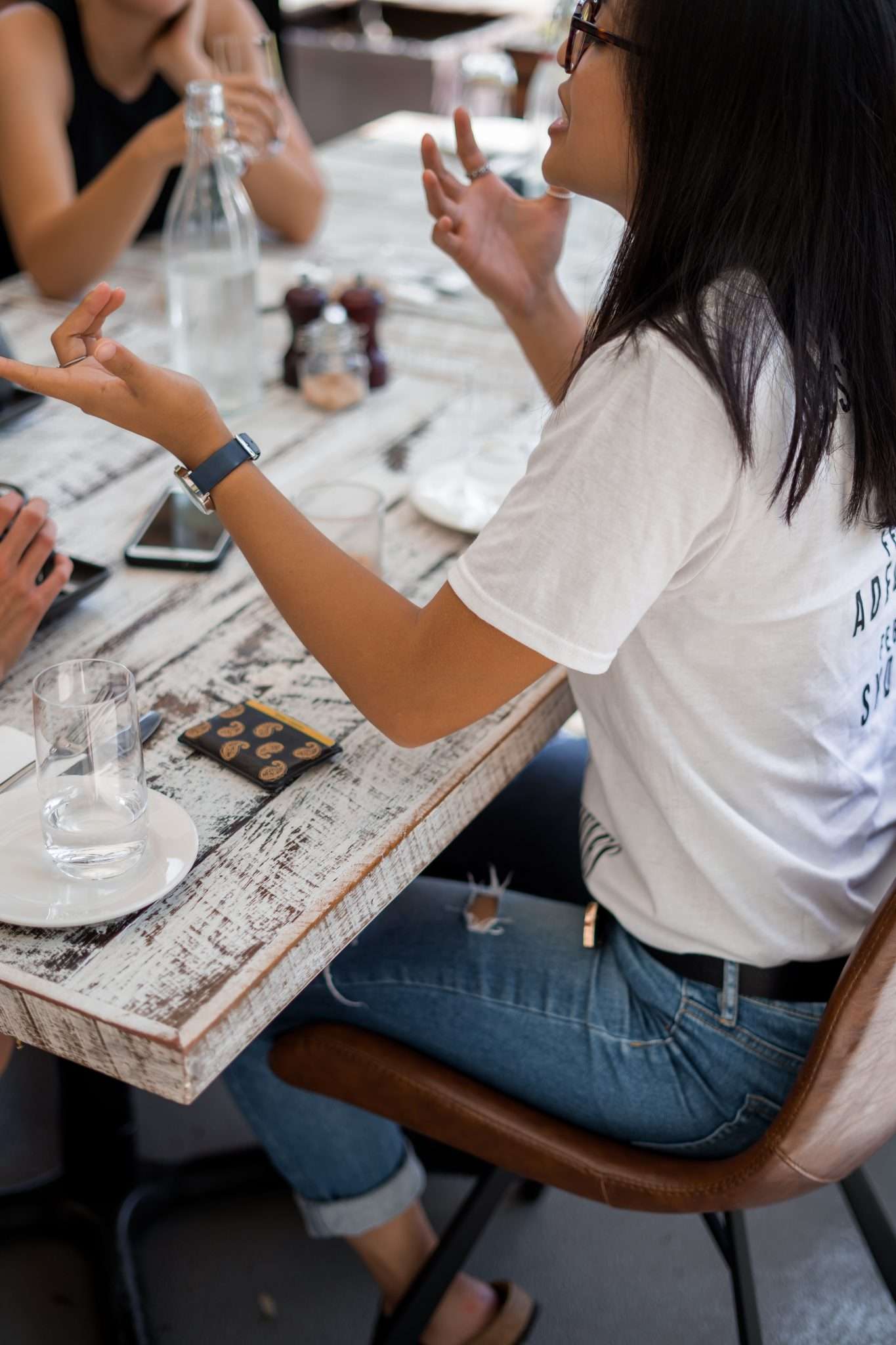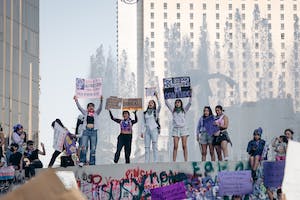The Rights and Responsibilities of The Filipino Youth Today

The Rights and Responsibility of Youth
Rights and Responsibilities are necessary characteristics that youth need to possess. The Filipino youth today play a crucial role in shaping the future of their country. With their immense potential and energy, they have both right and responsibilities that come with being citizens. In this essay, we will explore the right and responsibility of the Filipino youth today.
The 1987 Philippine Constitution recognizes the vital role of the youth in nation-building. Article II, Section 13 states that “The State recognizes the vital role of the youth in nation-building and shall promote and protect their physical, moral, spiritual, intellectual, and social well-being.” With this recognition, the Filipino youth today are guaranteed certain rights that they can exercise.
One of the essential rights of the Filipino youth today is the right to education. Under the 1987 Philippine Constitution, education is recognized as a right of every Filipino child. This right ensures that every Filipino youth has access to quality education that would enable them to reach their full potential.
Another right of the Filipino youth today is the right to freedom of expression. Young people have the right to express themselves freely, and this right is protected by law. This right enables young people to voice out their opinions on issues that affect them and their communities.
However, with rights come responsibilities. The Filipino youth today have a responsibility to contribute to the development of their communities and their country. One of the primary responsibilities of the Filipino youth today is to be involved in nation-building actively. They can do this by participating in community development projects, volunteering for social causes, and engaging in political activities.
Another responsibility of the Filipino youth today is to be responsible citizens. This means that they must uphold the laws of the land, pay their taxes, and be respectful and courteous to others. They must also be accountable for their actions and take responsibility for their mistakes.

The rights and responsibilities of the Filipino youth today are enshrined in the Philippine Constitution, the Convention on the Rights of the Child, and other laws and policies. These right and responsibilities include the following:
Rights
- The right to education
- The right to health care
- The right to food and shelter
- The right to protection from abuse and exploitation
- The right to participate in decision-making processes that affect them
- The right to freedom of expression and association
- The right to a clean and healthy environment
- The right to peace and security
Responsibilities
- To respect the rights of others
- To obey the law
- To be responsible for their own actions
- To contribute to the development of their community
- To protect the environment
- To be patriotic and nationalistic
The Filipino youth of today are the future of the nation. They are the ones who will inherit the country and its problems. It is important for them to be aware of their right and responsibilities so that they can contribute to the betterment of the Philippines.
Here are some ways that Filipino youth can fulfill their responsibilities:
- Get an education. Education is the key to a better future. It will help you get a good job, earn a decent living, and contribute to the development of the country.
- Take care of your health. A healthy body is a healthy mind. Make sure to eat a balanced diet, get enough exercise, and get regular medical checkups.
- Be responsible for your actions. Think before you act. Make sure that your actions are not harmful to yourself or others.
- Be involved in your community. Get involved in activities that make a difference in your community. Volunteer your time to help others.
- Protect the environment. The environment is our home. We need to take care of it so that it can continue to sustain us. Reduce, reuse, and recycle. Conserve water and energy.
- Be patriotic and nationalistic. Love your country and be proud of its heritage. Be willing to defend your country against its enemies.

Rights and Responsibilities
The Filipino youth of today are the hope of the nation. They are the ones who will make the Philippines a better place. Let us all work together to help them fulfill their rights and responsibilities.

The Philosophy of Right and Responsibilities in The World
The philosophy of right and responsibilities is at the core of understanding the nature of human beings and the social structures that govern our world. Throughout history, philosophers have grappled with the intricate balance between individual rights and the responsibilities that come with them. These discussions have shaped the way we perceive justice, ethics, and the overall fabric of society. As we continue discussing the matter of right and responsibilities, in this part we explore in depth the philosophical foundations of right and responsibilities in the world.
One prominent philosopher who extensively examined this topic is a German philosopher Immanuel Kant. Kant argued that individuals have inherent rights, known as natural rights, that are essential for human flourishing. These rights include the right to life, liberty, and property. However, Kant also stressed the importance of responsibilities in the exercise of these rights. He emphasized that individuals must act in accordance with moral principles and treat others with dignity and respect.
Another influential philosopher, John Locke, expanded on the concept of natural rights and their relationship to responsibilities. Locke believed that individuals possess rights to life, liberty, and property, but these rights must be exercised responsibly. He argued that individuals have a duty to respect the rights of others and to refrain from actions that harm or infringe upon those rights. For Locke, the exercise of rights necessitates accountability and a recognition of our interconnectedness as members of society.
In contrast, Jean-Jacques Rousseau argued for a more collective understanding of right and responsibilities. Rousseau believed that individuals should surrender some of their individual rights for the benefit of the community as a whole. He stressed the importance of the social contract, in which individuals agree to obey the laws and regulations of society and, in return, receive the protection and benefits that come with it. Rousseau’s philosophy implies that responsibilities are inherent in the social contract, and it is our duty to uphold and contribute to the common good.
Moving forward to the present day, contemporary philosopher Martha Nussbaum proposes a capabilities approach to right and responsibilities. Nussbaum argues that individuals have the right to certain capabilities, such as the ability to live a dignified life. However, she also emphasizes that these rights come with responsibilities, including the responsibility to ensure that others have access to these capabilities as well. Nussbaum’s perspective highlights the interconnectedness of right and responsibilities and the need for individuals to actively contribute to the well-being of others.
In addition to these philosophical perspectives, the concept of right and responsibility in the world often varies across different cultures and societies. Cultural relativism acknowledges that there may be different understandings and priorities when it comes to right and responsibilities. What may be considered a fundamental right in one culture may not hold the same weight in another. Nevertheless, cultural relativism also recognizes the universality of certain rights and responsibilities, such as the right to freedom from discrimination and the responsibility to treat others fairly.
Within the framework of international relations, the philosophy of rights and responsibilities manifests in the concept of human rights. International agreements and declarations, such as the Universal Declaration of Human Rights, outline a set of rights that are considered universal and inalienable. These rights come with the responsibility of all nations to ensure their protection and promotion. The philosophy of human rights recognizes the need for a collective global responsibility to uphold and defend fundamental human rights.
The philosophy of right and responsibilities also extends to the field of environmental ethics. Environmental philosophers argue that humans have a responsibility to protect and preserve the natural world. This responsibility stems from the recognition that we are an integral part of the ecological system and that the well-being of other species and ecosystems is interconnected with our own.
The philosophy of right and responsibilities in the world is a complex and multifaceted concept. It involves examining the balance between individual rights and the responsibilities that come with them, as well as recognizing the interconnectedness of individuals within society and the wider world. Philosophers throughout history have grappled with these notions, proposing different perspectives and approaches. Moreover, the concept of right and responsibilities varies across cultures and societies, with universal principles underpinning the collective responsibility to protect and promote human rights and the natural world. Understanding the philosophy of right and responsibilities is crucial for navigating ethical and just social structures in our ever-evolving world.
Conclusion
In conclusion, the Filipino youth today have both right and responsibilities that come with being citizens of their country. As they exercise their rights, they must also fulfill their responsibilities to contribute to the development of their communities and their country. By doing so, they can help shape a better future for themselves and their fellow Filipinos.
References
1987 Philippine Constitution. Retrieved from https://www.officialgazette.gov.ph/constitutions/the-1987-constitution-of-the-republic-of-the-philippines/the-1987-constitution-of-the-republic-of-the-philippines-article-ii/